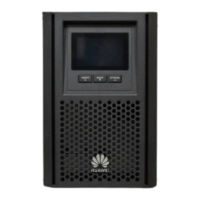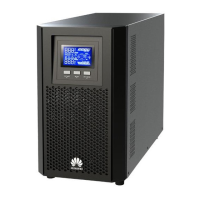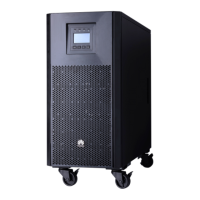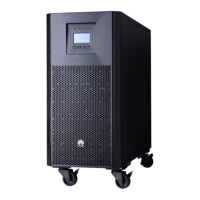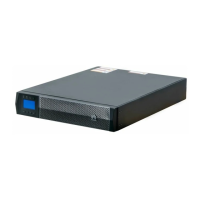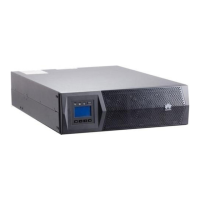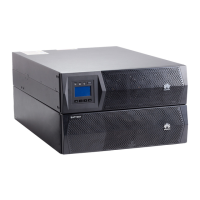If the electrolyte leaks, follow the instructions of the battery manufacturer or use
sodium bicarbonate (NaHCO
3
) or sodium carbonate (Na
2
CO
3
) to neutralize the
electrolyte.
Recycling
● Dispose of waste batteries in accordance with local laws and regulations. Do
not dispose of batteries as household waste. Improper disposal of batteries
may result in environmental pollution or an explosion.
● If a battery leaks or is damaged, contact technical support or a battery
recycling company for disposal.
● If batteries are out of service life, contact a battery recycling company for
disposal.
● Do not expose waste batteries to high temperatures or direct sunlight.
● Do not place waste batteries in environments with high humidity or corrosive
substances.
● Do not use faulty batteries. Contact a battery recycling company to scrap
them as soon as possible to avoid environmental pollution.
1.3 Electrical Safety
Before connecting cables, ensure that the equipment is intact. Otherwise, electric
shocks or res may occur.
Non-standard and improper operations may result in re or electric shocks.
Prevent foreign matter from entering the equipment during operations. Otherwise,
equipment damage, load power derating, power failure, or personal injury may
occur.
For the equipment that needs to be grounded, install the ground cable rst when
installing the equipment and remove the ground cable last when removing the
equipment.
UPS2000-A-(1 kVA-3 kVA)
User Manual 1 Safety Information
Issue 17 (2024-01-30) Copyright © Huawei Digital Power Technologies Co., Ltd. 11
